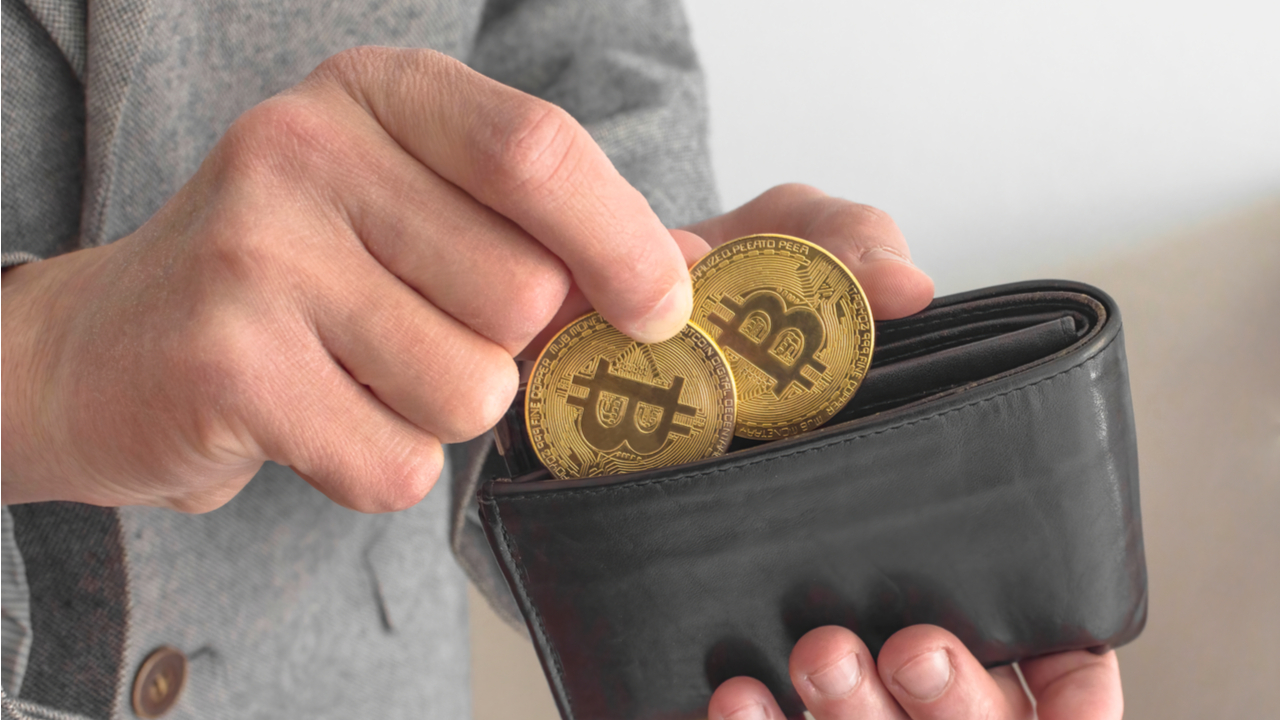
Russian bankers reportedly want to outlaw noncustodial crypto wallets
The Association of Banks of Russia has previously collaborated with Binance as part of its expert center focused on crypto regulation. A major Russian banking association wants to criminalize keeping your own cryptocurrency keys.The Association of Banks of Russia, an organization including more than 300 Russian banks and financial institutions, has called on lawmakers to criminalize storing crypto outside of centralized exchanges on noncustodial wallets, local news agency Izvestia reported on Monday.In contrast to accounts at centralized crypto exchanges, noncustodial or self-custodial....
Related News
Blockchain.com will soon shut down accounts of Russian nationals, while companies like Binance are also working to apply the new EU sanctions. Crypto wallet provider Blockchain.com is the latest company to soon cease to provide services to Russian nationals due to the latest sanctions by the European Union.Blockchain.com has notified its users that it’s going to shut down accounts of Russian nationals in two weeks, the local news agency RBC reported on Oct. 14.According to the report, Blockchain.com will allow Russian users to withdraw their funds until Oct. 27, 2022. After that date, the....
There are a few ways for regulators to limit the usage of noncustodial wallets, but there is no way to ban it completely, SatoshiLabs CFO said. As regulators grow increasingly concerned about investors moving their cryptocurrency out of centralized exchanges, one industry exec has assessed the probability of a potential ban of noncustodial wallets.Stepan Uherik, the chief financial officer of SatoshiLabs, the firm behind the Trezor hardware wallet, is confident that it’s highly unlikely that governments around the world would manage to ban the use of noncustodial wallets one day.“It’s very....
Keeping cryptocurrencies in non-custodial wallets may be criminalized in Russia, if authorities accept a proposal from the trade association representing Russian banks. While financial regulators think the idea deserves attention, lawmakers and experts doubt it’s possible to implement such a measure. Russian Banks Move to Curb Use of Private Cryptocurrency Wallets Challenges with foreclosure and seizure of crypto assets held by debtors and criminals have motivated the Association of Banks of Russia (ABR) to suggest introducing criminal liability for storing coins in non-custodial....
Noncustodial wallets are more secure than custodial wallets, but it may take time for everyday, non-technical users to get used to them. As crypto ownership becomes more and more common, holders will need to think about how they protect and hold their assets. The safest option is storing cryptocurrency in a personal wallet. Crypto wallets are programs that allow users to store, send and receive cryptocurrency. Each wallet has a private key that allows the wallet to be spent. Private keys are cryptographic strings of code that allow owners to spend the funds inside a wallet, as well as....
Ukraine is now trying to expose cryptocurrency wallets used by politicians in Moscow amid warnings that Russia may employ digital coins to circumvent sanctions. The initiative comes as western allies agree to expel some Russian banks from SWIFT, the global interbank payments system.
Government of Ukraine Seeks Info on Crypto Assets of Russian and Belarusian Officials
Authorities in Kyiv have issued a call on social media for information about crypto wallets controlled by politicians in Russia and Belarus. On Saturday, Ukraine’s Deputy Prime Minister Mykhailo Fedorov....





